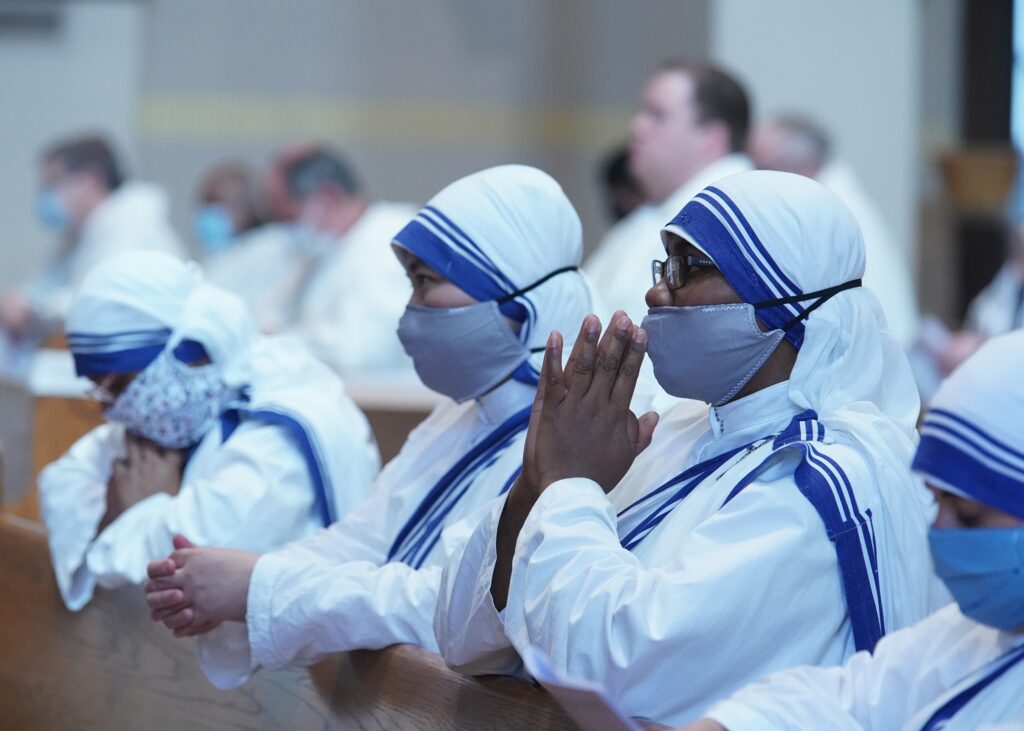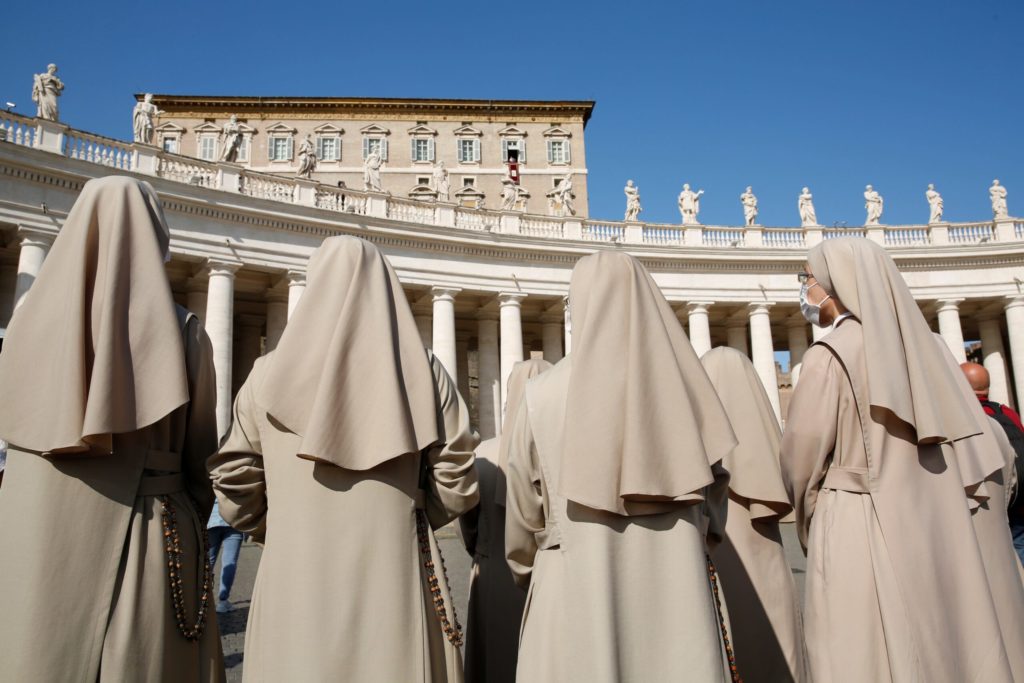TEXT - Ricardo Bazán, Peru
Through the motu proprio Authenticum charismatisPope Francis has modified can. 579 of the Code of Canon Law, which regulates the creation of institutes of consecrated life and societies of apostolic life by the diocesan bishop.
Prior to this modification, it was sufficient for the diocesan bishop to consult the Apostolic See. to be able to institute a new institute, instead, as of November 10, 2020, a license or authorization from the Apostolic See is required..
A true charisma
The motu proprio points out that "discernment of the ecclesiality and reliability of the charisms is an ecclesial responsibility of the Pastors of the particular Churches"i.e., of the diocesan bishops. This is necessary as a to distinguish when we are in the presence of a true charisma.which is what originates and nourishes institutes of consecrated life and societies of apostolic life. In this sense, the motu proprio follows the criteria given by the decree Perfectae caritatis: "In the foundation of new Institutes, the need for a new institute must be carefully considered.The main objective of the project is to ensure that it is useful, or at least very useful, as well as the possibility of development, so that no useless or insufficiently vigorous institutes are created unwisely." (Conc. Ecum. Vat. II, Decree Perfectae caritatis, 19).
Can. 579 prescribed that "Diocesan bishops may, by formal decree, establish institutes of consecrated life in their own territory, provided that the Apostolic See has been consulted beforehand.". This was already a way of applying n. 19 of the above-mentioned decree, only that such weighting involved consultation with RomeIt is considered that the Apostolic See is the appropriate body to make this evaluation, even if the institute was established in the territory of a diocese.
Approved by the Holy See

Thus, for the valid erection of an institute of consecrated life, consultation alone was sufficient and not a license.otherwise he would have said so expressly. However, Pope Francis has gone further and has chosen to require a license for the validity of the act.: "In their own territory, diocesan bishops may validly erect institutes of consecrated life by formal decree, with the prior written permission of the Apostolic See.".
This requirement, which at first glance might seem excessive, is based on the fact that the the creation of a new institute in the diocese will have effects beyond the boundaries of the circumscription. y "makes it relevant to the broader horizon of the universal Church.". That is, institutes of consecrated life and societies of apostolic life, although they can be born in a diocese, belong to the universal Church: "Indeed, natura suaevery Institute of Consecrated Life or Society of Apostolic Life, even if it has arisen in the context of a particular Church, "...".as a gift to the Church, it is not an isolated or marginal reality, but belongs intimately to her, it is at the heart of the Church as a decisive element of her mission."(Letter to Consecrated Persons, III, 5).".
It is hoped that this measure will help new institutes of consecrated life and societies of apostolic life to "to integrate harmoniously into the life of God's holy and faithful people for the good of all." (Exhortation. Ap. Evangelii gaudium130), while also complying with all the necessary elements of discernment and justice foreseen by Church law.









